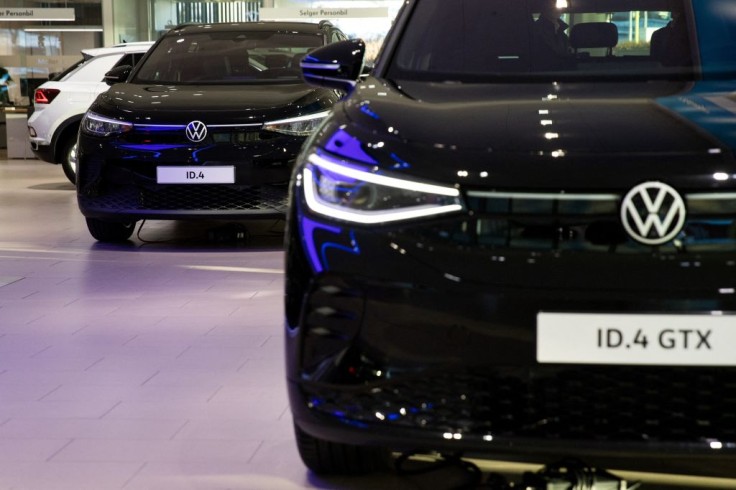Volkswagen's battery startup PowerCo shared promising results for its upcoming solid-state cells, vouching faster EV charging and longer battery life.

Recent test results on the prototype battery have "significantly exceeded" industry targets and were proven to be able to operate even after running 300,000 miles on the road.
Standard EV batteries are expected to incur 20% capacity loss after 700 charging cycles, or equivalent to 100,000 to 200,000 miles.
Volkswagen's EV battery only recorded 5%-unit loss after more than 1,000 charging cycles. This means the battery can hold up to 240 miles of continuous driving on a single charge.
The development tests for the battery were conducted by PowerCo, while the solid-state prototype was provided by Volkswagen's US partner QuantumScape.
QuantumScape was the company responsible for developing ceramic-integrated EV cells that are much more cost-effective than the standard lithium batteries most electronic automakers use.
Also Read : Exxon to Begin Lithium Assembly for EVs by 2027
Volkswagen, QuantumScape Pushes for Solid-State EV Cells to be Released Soon
With the last batch of prototype tests being a success, QuantumScape is eager to bring its flagship product to the market "as quickly as possible."
QuantumScape head Jagdeep Singh, however, clarified that there is still "more work to do" before the battery can appear in Volkswagen's premium cars.
In their investor letters, Singh disclosed that upscaling production for the automotive-grade batteries would require a lot of resources QuantumScape does not have at the moment.
Once ready, the singe-state batteries are expected to be integrated into the future batches of the Volkswagen ID.4 SUV and the upcoming ID.7 sedan.
Automakers Race for the EV Market
Volkswagen's updates on its EV batteries are only part of the growing interest of many automakers towards electronic vehicles.
The trend has grown quite large over the past years, particularly in Europe, as companies seek to comply with new environmental laws of the region.
The same phenomenon can also be seen in the US with more and more states pushing for a greener environment amid rising climate issues.
One of the main targets of the changes was cars and vehicles that expel pollution to cities.
Many automakers see this as an opportunity to provide cheaper and much more reliable alternatives for EV parts in comparison to current industry standards.









